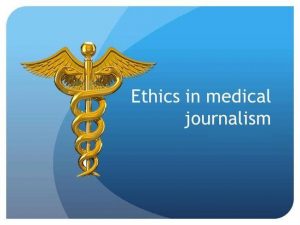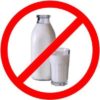False Hopes and Unwarrented Fears: Ethics in Medical News Reporting
False Hopes and Unwarranted Fears: Don’t let this get you down.
On a daily basis we are surrounded by sensationalized headlines in the media. Unfortunately this includes medical and health news. Journalists and bloggers need to get your attention in this age of mass media where information is rapidly distributed and then just as rapidly forgotten. A small study that is done on animals, or even just on the cellular level in a petri dish, gets reported as “Hope for a Cure: Insert Disease De Jour.” This spreads like wild fire on the internet causing false hope for many as only a small fraction of early research ends up leading to an actual treatment for human beings.
On the other side, another small study or a poorly designed one, might give an indication that a medical treatment or medicine currently in wide use may have a negative side effect. This also gets reported in a sensational way: “This might kill you…” with very little investigation being given to the story, no real world context, no discussion on the pros and cons of treatment or the risks of the alternatives. People stop taking their medicine based on a sound bite and that might cause more harm.
An example this past year in what we would call “premature hope” was the various reporting on a study regarding a potential vaccine for Type 1 Diabetes. This was a small study done on just 80 people. The research is in the very early stages of the process and even if it pans out to prove to work and be safe it will be years and years, maybe decades before it would be available. Also, the study was just done on people very early on in the disease process. Yet there were headlines such as “A vaccine so you won’t have to take shots!”. In the comment sections of the articles with this type of headline were people asking how soon this will be available and people who had long term diabetes (who from the initial study detail would not qualify most likely for this treatment) stating they were anxiously awaiting the arrival of this vaccine. This same story has been bounced around all over the internet for the past year an a half! If this same study had occurred 10 years ago, few other than those in that field of research would have even heard about it. A more realistic headline was “Type 1 Diabetes Vaccine Shows Promise In Small Trial.”
Take time to study further what you saw in a tweet, read in a news media report, or heard in a TV news lead in. What was their source? What is the medical expertise of the reporter? Does this even relate to me right now? Is this information clinically relevant at this time? And remember, always talk to your medical provider before making any changes with your medications.
















